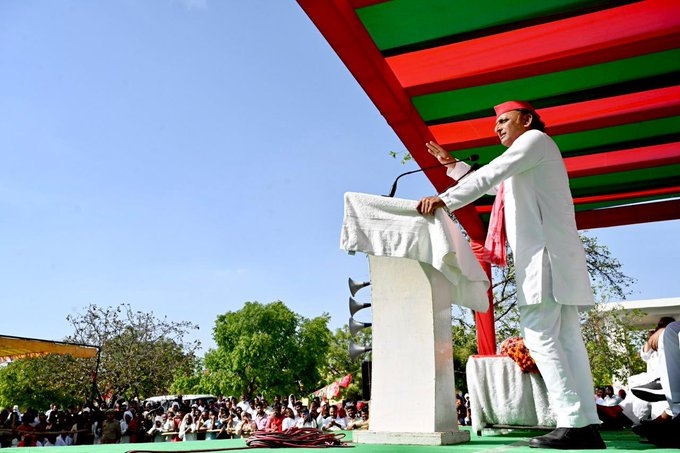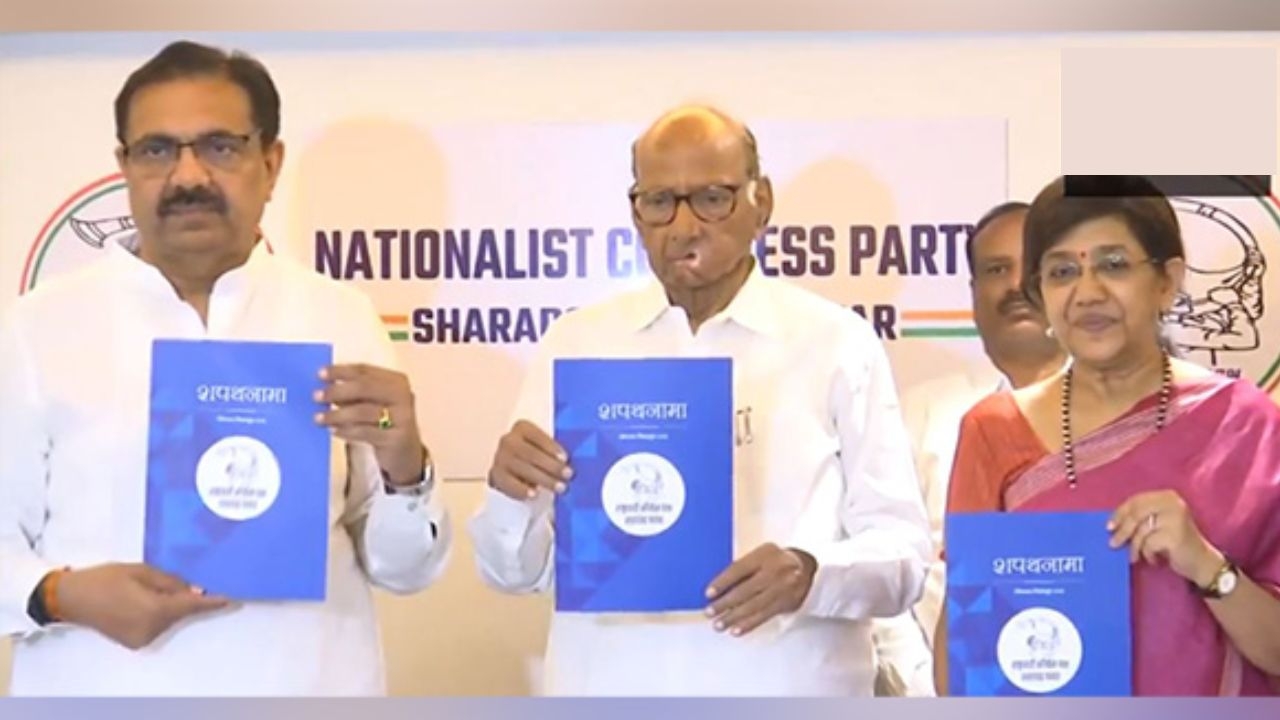One year of demonetisation: A successful political gamble but a complete economic disaster
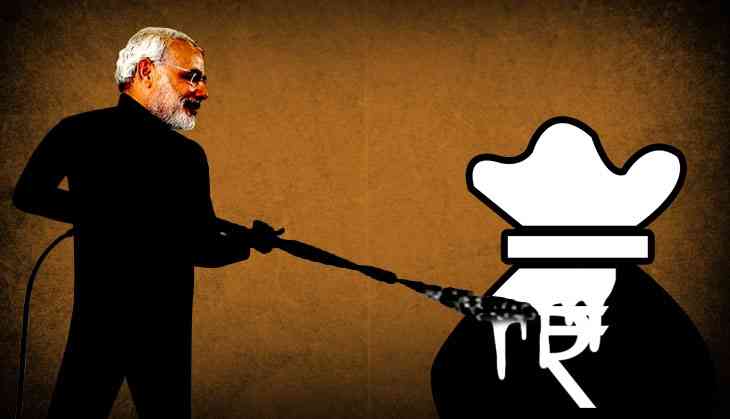
The Narendra Modi government celebrated the first anniversary of demonetisation pretty much in the same way it took the decision on November 8 last year: with brazenness and complete lack of acknowledgement that it can ever go wrong.
On Wednesday, the government and its spokespersons hailed demonetisation as a “miraculous gift”, one that cured India of several ills ranging from terrorism to prostitution besides, of course, black money.
On the other hand, the Opposition observed 8 November as a black day and slammed the government for its decision that killed over 200 people and took away the jobs and livelihoods of lakhs of Indians.
The Opposition’s charge was led by Congress Vice-President Rahul Gandhi who wrote an Op-ed piece in the Financial Times titled ‘Modi reforms have robbed India of its economic prowess’.
“Mr Modi has damaged India by converting anger created by joblessness and lack of economic opportunity into communal hatred. He has chosen to hide behind a shallow, hate-filled political narrative. Anger might have brought Mr Modi to power but it will never create jobs or fix India’s institutions,” Gandhi writes, tearing into Modi’s economics as well as his politics in one go.
Besides Gandhi's arguments, the significance of the article lies also in the fact that on the anniversary of demonetisation, an influential international publication chose to publish a piece by an Indian Opposition leader. This does provide a hint towards how an important section of world opinion sees Modi’s economic policies, demonetisation in particular.
Can Modi's decision, that killed more than 200 people (from standing in bank queues and other such tragedies), destroyed 1.5 million jobs (data till April 2017), and brought down India's growth by over 2 percentage points, be called successful?
Here is a bit-by-bit analysis of formal, informal as well as the parallel (black) economy one year after demonetisation.
Making black white (with interest)
When the government announced demonetisation, those in support of the decision said it would help the Reserve Bank of India (RBI) write off its liability towards at least Rs 2 lakh crore worth of currency. This, according to them, would be the windfall gain to the central bank, which could be given to the union government as dividend. Noted economist and a fan of Modi's economic policies, Jagdish Bhagwati was one of the propounders of this theory.
However, in reality, 99% of the old currency came back into the system and the public sector banks are paying interest on that for a year now. In the words of former RBI governor, Raghuram Rajan, the interest burden could be as high as Rs 24,000 crore annually.
Perennial investigation into black money allegations
Ever since the Modi government came to power, there have been a slew of exposes about the clandestine bank accounts of the 'who's who' of India in tax havens.
Back in 2015 a whistle blower, Herve Falciani, leaked a list of HSBC secret account holders in the bank's Swiss branch. It named at least 1,195 Indian industrialists, politicians and offered to offered to come to India and help the government with the probe. However, the NDA government kept mum on his requests.
Soon after that, there came another expose by the name of the Panama Papers that were based on law firm Mossack Fonseca's secret papers.
The records, published in 2016, included names of such individuals who paid the the firm to set up offshore companies in tax havens around the world. Published by the Indian Express newspaper in India, the leak revealed names of 500 Indians including Aishwarya Rai Bachchan, Amitabh Bachchan and DLF CEO KP Singh, among others.
Though the government made a few announcements about who it would seriously investigate the charges, the public knows nothing of the fate of such investigations even till today.
In 2017, just a few days ago, the Paradise Papers revealed more names of Indian entities that have brought money back to India by way of using foreign companies in the tax haven of Bermuda. Once again, Finance Minister Arun Jaitley has ordered a probe. We do not know when the probe will be over and when India the government will be able to recover the elusive black money.
Making political funding easier
The Finance Bill 2017 has allowed corporates to make unlimited donations to the political parties anonymously. The decision eliminated the cap on corporate giving (which previously stood at 7.5% of a corporation’s average net profits over the previous three years).
At a time when the government is forcing each and every citizen to link his/her Aadhaar number with each and every public and banking services used, corporates and political parties have been given the status of holy cows, who are free to keep their deals clandestine. The move only suggests that the government wants to control the black money circulation in the economy by forcing it to be donated secretly to the political parties and politicians.
Finance Minister Arun Jaitley in his blog published on 7 November said that the future generations will remember demonetisation as a great step towards a clean economy. He also said that demonetisation has removed anonymity with currency and has led to 56 lakh new individual taxpayers filing returns this year till 5 August.
What he did not tell was that his government has allowed anonymity to one class in the country. That class is of politicians, of which Jaitley is a proud member.
First published: 8 November 2017, 22:07 IST


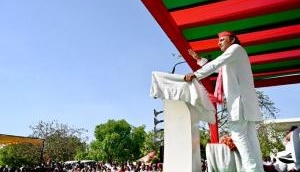
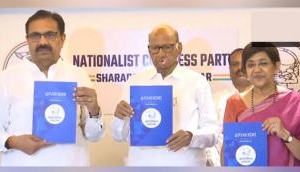
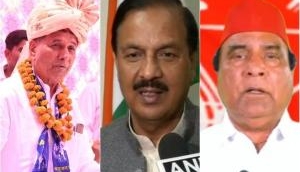
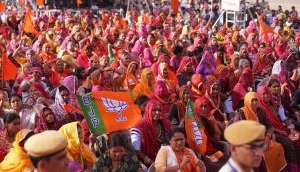

![BJP's Kapil Mishra recreates Shankar Mahadevan’s ‘Breathless’ song to highlight Delhi pollution [WATCH] BJP's Kapil Mishra recreates Shankar Mahadevan’s ‘Breathless’ song to highlight Delhi pollution [WATCH]](http://images.catchnews.com/upload/2022/11/03/kapil-mishra_240884_300x172.png)

![Anupam Kher shares pictures of his toned body on 67th birthday [MUST SEE] Anupam Kher shares pictures of his toned body on 67th birthday [MUST SEE]](http://images.catchnews.com/upload/2022/03/07/Anupam_kher_231145_300x172.jpg)


